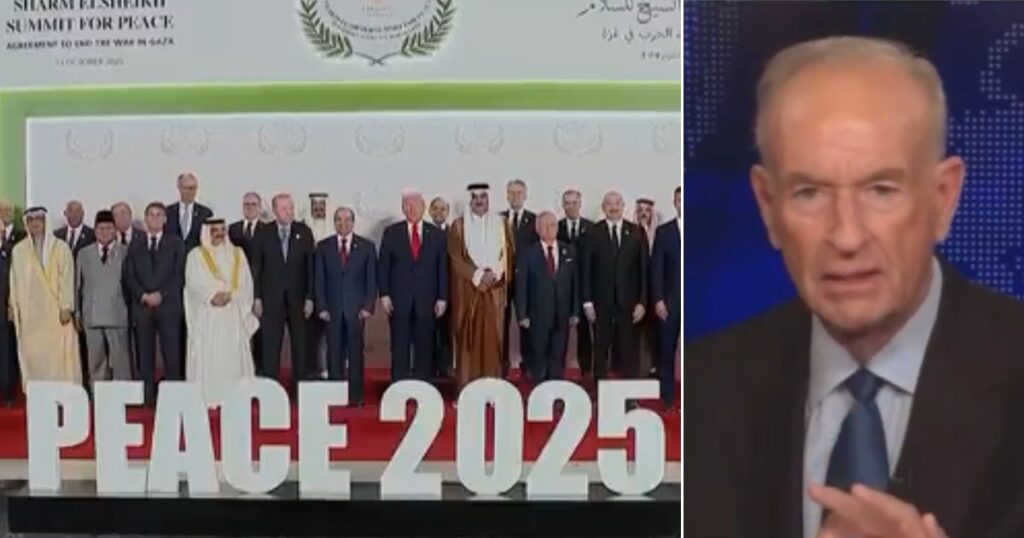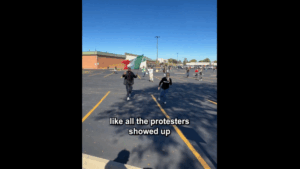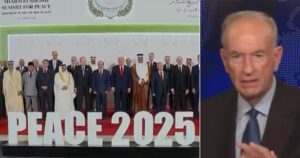Marc Benioff’s Shocking Shift: From Anti-Trump to Calling for National Guard in San Francisco
In an unexpected twist that has left the political landscape of San Francisco reeling, tech billionaire and Salesforce CEO Marc Benioff has publicly called for President Donald Trump to send the National Guard to the beleaguered streets of San Francisco. Once a staunch critic of Trump, Benioff’s recent comments have ignited outrage among his liberal allies and raised eyebrows across the country.
In a candid interview with The New York Times, Benioff expressed his frustration with rising crime rates in San Francisco, declaring, “I’m all for deploying the National Guard if it helps restore safety to our city.” This bold statement marks a stark departure from his previous anti-Trump rhetoric and has left many questioning his loyalty to the progressive ideals he once championed.
Benioff’s comments are being interpreted as a sign that even the most ardent opponents of Trump can pivot when faced with the harsh realities of crime and safety in their communities. His remarks have sparked fierce backlash from local Democrats, who feel betrayed by what they view as a capitulation to the very forces they have spent years opposing.
Matt Dorsey, a member of San Francisco’s Board of Supervisors, did not mince words in response to Benioff’s call for the National Guard. He described it as a “slap in the face” to the values San Francisco Democrats hold dear. Dorsey took to social media to express his dismay, stating, “This is not what we stand for.”
The fallout from Benioff’s comments was swift. A scheduled event with San Francisco Mayor Daniel Lurie was abruptly canceled amid the controversy, showcasing just how volatile the situation has become. The left’s response to Benioff’s shift serves as a stark warning to others in the political and business realms: stray too far from the liberal orthodoxy, and you may find yourself ostracized.
Critics of Benioff have pointed out the irony of his call for increased police funding and the deployment of the National Guard, especially since he has previously been a vocal supporter of progressive social policies that often advocate for police reform. Despite his claims that the police budget has grown and that crime rates are declining, the perception of insecurity remains high among residents, prompting Benioff’s radical suggestion.
This incident encapsulates a broader theme within the tech industry and liberal politics—a growing disconnect between the ideals of progressivism and the lived experiences of urban residents. As crime continues to plague major cities, even the most ardent liberals are beginning to reassess their positions.
As Benioff’s colleagues in Silicon Valley watch this drama unfold, one thing is clear: his pivot may have profound implications, inspiring others to reconsider their stances on crime, safety, and the role of government in maintaining order.
In conclusion, Marc Benioff’s evolution from a vocal opponent of Trump to a supporter advocating for the National Guard’s presence in San Francisco is a striking reminder of the complexities and contradictions within the modern political landscape. Will he be able to withstand the backlash from his former allies, or is this the beginning of a new chapter in his public persona?








